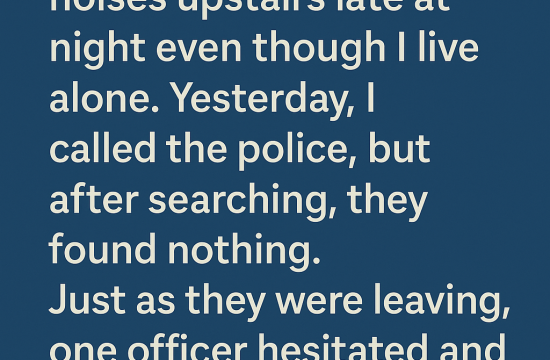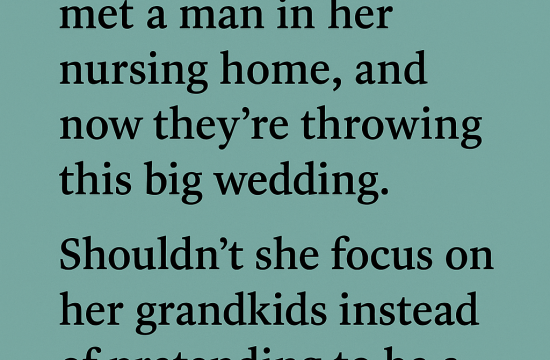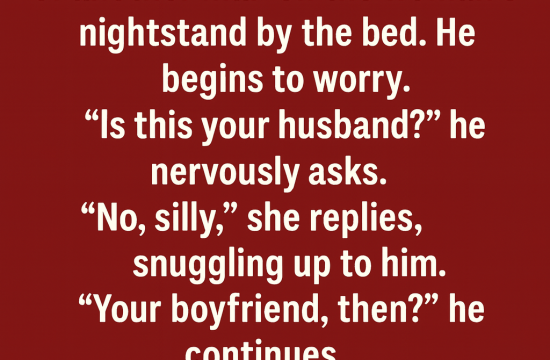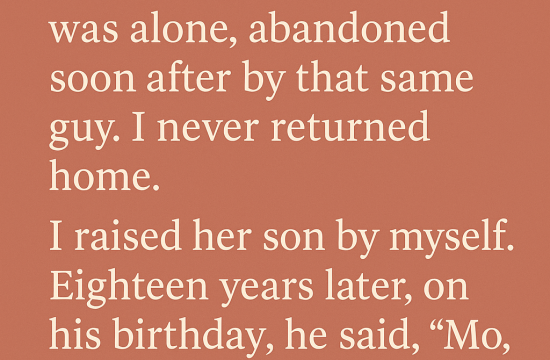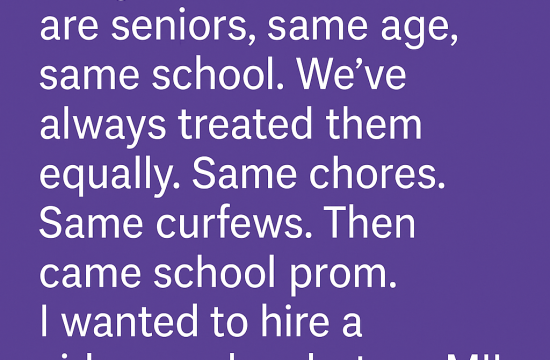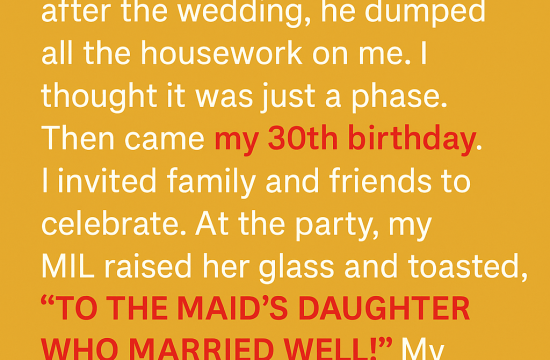A few years ago, I lost my leg in an accident.
One sweltering afternoon, I boarded a packed train and found a spot in a designated priority seat. My prosthetic was hidden under loose, breathable pants. I was tired, sweating, and just trying to make it home.
A woman stood in front of me, glaring. “You don’t look disabled,” she snapped. “That seat is for people who actually need it.”
I politely explained I did. She scoffed, crossed her arms, and raised her voice. “You’re faking it! People like you make it harder for real disabled folks.”
Without a word, I calmly rolled up my pant leg, revealing the titanium limb. Her eyes widened, but she didn’t stop. She doubled down, calling over a conductor to try and have me removed.
The conductor took one look and firmly told her I had every right to be there. She reluctantly walked away but not before filing a complaint—claiming I’d been aggressive. Thankfully, the conductor’s report told the truth, and the complaint was dismissed.
Months passed.
Then, one morning, I saw her again on another train—this time occupying two priority seats with shopping bags, barking at elderly passengers trying to sit. I quietly filmed the incident and reported it. Authorities suspended her transit pass for repeated misconduct and required her to attend a conflict resolution course.
I figured that was the end of it.
Until, months later, I saw her again—outside the rehab center where I volunteer. She sat alone on the steps, her arm in a sling, ankle wrapped, looking small and shaken. Her eyes met mine. Recognition flickered, then shame.
“You,” she said quietly. “I remember.”
I nodded. “You okay?”
She hesitated, then nodded back. “Car accident. Trying to learn to walk again.”
I offered her help inside. She stared at me, stunned. Then, slowly, she took my hand.
“I’m sorry. For everything,” she whispered.
I smiled. “You don’t owe me forgiveness. Just keep going.”
Now, around the center, people call me “the leg guy.” I share this story not to shame her, but to remind people: pain can turn us bitter, but kindness can still break through. We don’t always know someone’s struggle—but that doesn’t mean we can’t meet it with empathy.
Even when it’s not deserved.




